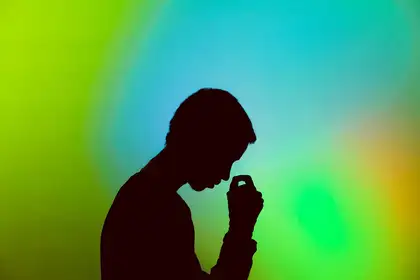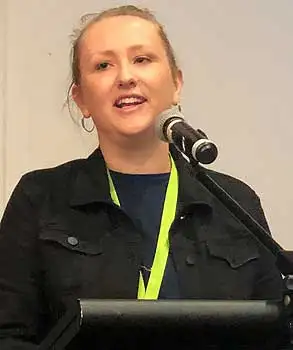
Disabled people who have experienced sexual abuse are often not listened to and lack access to support services, says Caitlin Helme.
Doctor of Clinical Psychology student Caitlin Helme has been awarded a scholarship to support her research on the experiences and needs of disabled sexual violence survivors.
Ms Helme, who is based at Massey University’s School of Psychology in Wellington, received a $5000 Postgraduate Student Social Justice Research Scholarship from the New Zealand Psychological Society.
The society said her research “will provide an important and original contribution to the development of our understanding of sexual violence, along with access to appropriate treatments and services in New Zealand”.
Ms Helme says a lack of specialised support for marginalised communities is “rife” throughout sexual violence services, leaving marginalised communities with an increased vulnerability to ongoing harm.
Disabled people, especially women, are at an increased risk of experiencing sexual violence, with an estimated lifetime prevalence as high as 83 per cent, she says.
Her research also focuses on those who also live with other marginalised identities, such as Māori, migrants and LGBTQI people, leading to unique experiences of discrimination.
Disabled people are “often more vulnerable but have less access to appropriate help”, she says. “Seeking help often assumes people can communicate by phone, or get appropriate transport. There’s also the possibility that a carer may be the abuser, adding further barriers to help-seeking.”

Caitlin Helme
Getting a negative response to talking about violence is a common experience for disabled people and can add to suffering, while a lack social support is likely to lead to greater post-traumatic stress symptoms day-to-day. “For so long the prominent stereotype has been that disabled people are not sexual beings. In reality disabled people are sexual. They may also identify as Rainbow, as Māori, or with many other things that don’t fit the dominant cultural ideal.”
People with intellectual disabilities face further complexities, she says. “It’s often taught that compliance to authority figures is expected. Having autonomy to speak out for themselves is not encouraged as part of their lives, and there isn’t adequate sex education, which ties back to not seeing them [disabled people] as sexual beings.”
She identifies as disabled, has worked in disability advocacy and emphasises she does not see sexual violence services as being at fault. “They are doing their absolute best under overwhelming circumstances. A systemic scaffolding of underfunding and understaffing means that sexual violence services struggle to stay afloat, at the expense of meeting the specialised needs of some survivors.”
Her current work is for a national organisation that supports sexual abuse victims as part of its 24/7 helpline. It provides support at all stages of the recovery process, from police interviews and medical checks, to court cases and ongoing emotional support following an incident. She hopes that being a “community insider” will allow her research participants to trust her with their stories, knowing she approaches her research with empathy and lived experience.